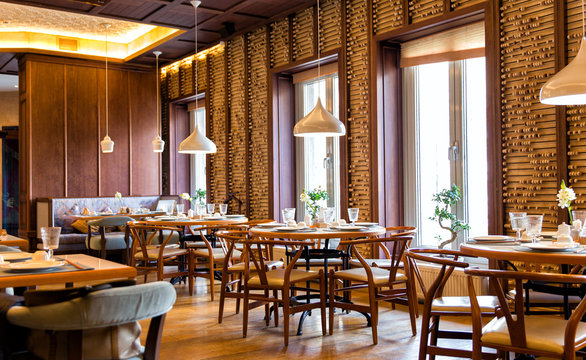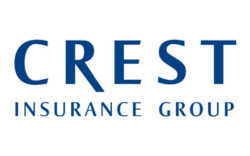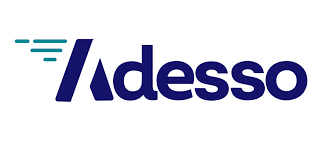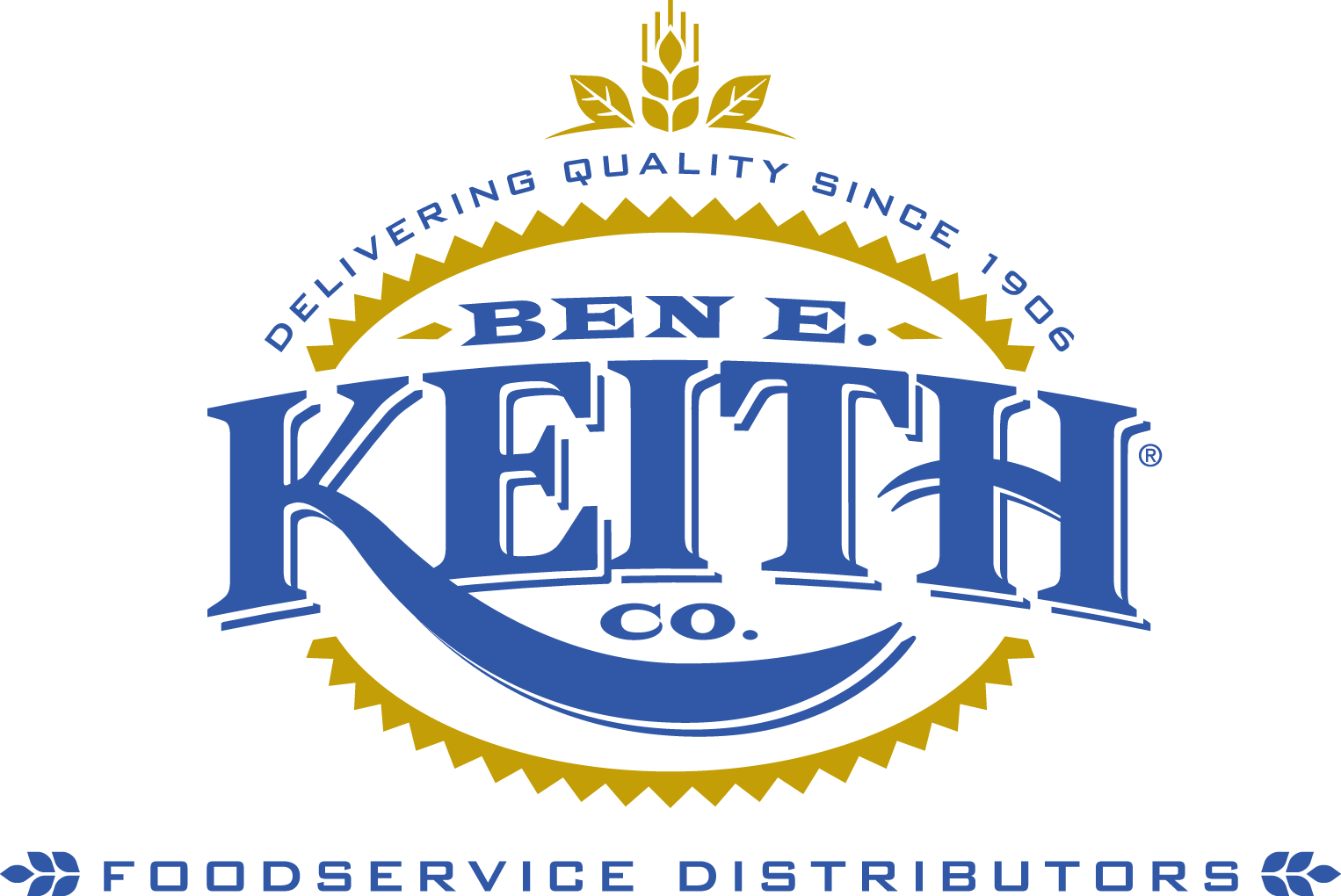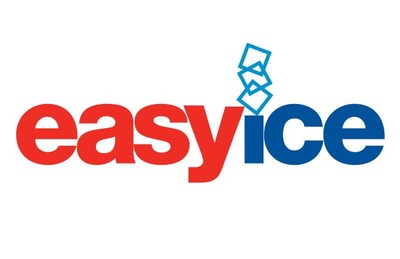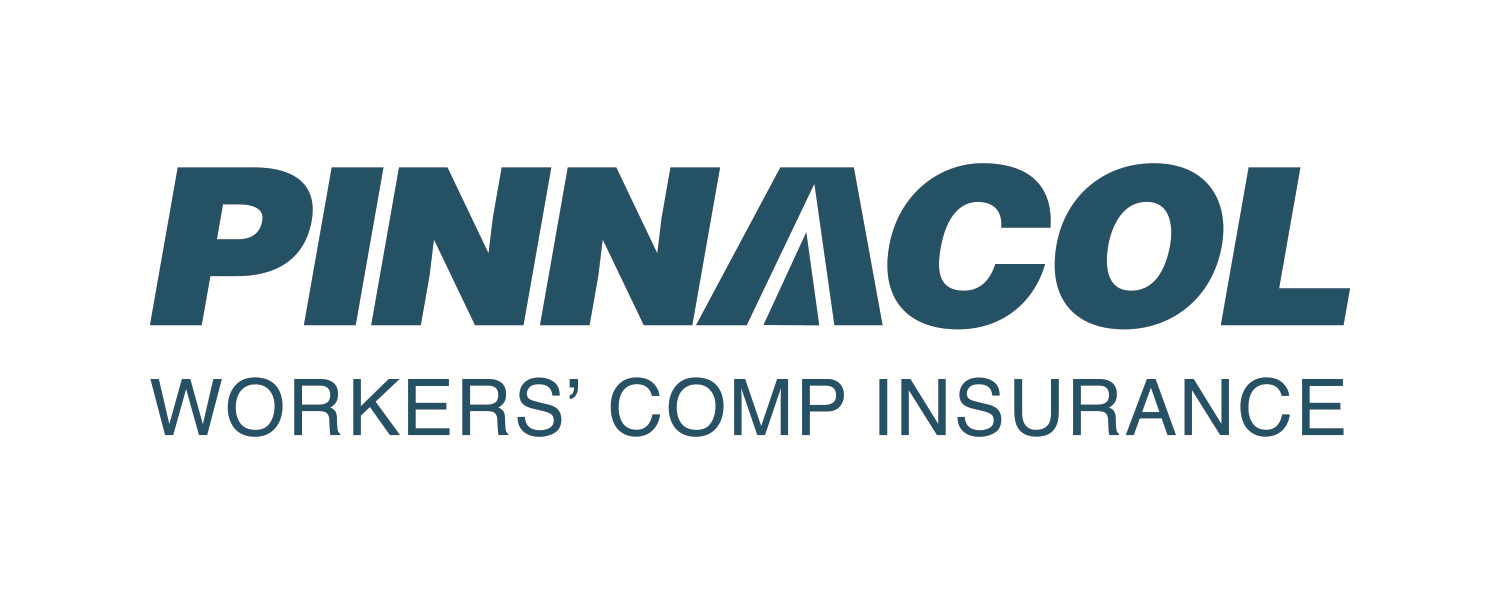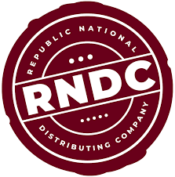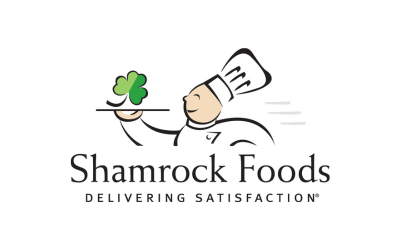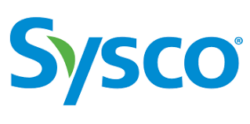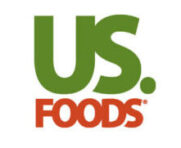
Getting into catering is a great option for passionate cooks and managers. Not only do caterers get to work with customers to dream up their perfect menus, but they get to be a huge part of what makes their celebrations feel celebratory.
Starting a catering business also has its perks, because you get to choose which clients you want to work with and on which days, so taking time off can be easier. You’ll also have a better idea of how much revenue is coming in in any given quarter, because events are almost always booked in advance — and often partially paid in advance.
Whether you’ll be catering red carpet parties, weddings, and baby showers, or even just office lunches, you’ll need to ensure you have all your licenses in order to run a catering business in Colorado.
Like any other food business, you’ll need several licenses and permits issued by statewide and local organizations, which we’ll get into below.
We’ll get into all the details about Caterer’s Permits, how to get them, and what other licenses you’ll need to run your catering business.
How to start a catering business in Colorado
Choose a catering business model
Catering companies are distinguished by what kinds of events they cater, as well as what kind of facilities they use to prepare food and plan for events.
Types of events to specialize in:
- Large celebrations like weddings, quinceañeras, and bar/bat mitzvahs
- Conferences, where you’ll need to provide multiple meals over the course of days to thousands of people
- Medium-size events like engagement parties, retirement parties, and office parties
- Small events like baby showers, birthday parties, and meetings
Types of catering facilities:
- Owning a commercial kitchen, prop storage space, and office
- Renting a commercial kitchen, prop storage space, and office
- Renting a commercial kitchen, prop storage space, office, and storefront for takeout.
- Renting a shared commercial kitchen, and renting your own prop storage space and office
- Operating out of a home (which can require additional or different permitting)
Make a catering marketing plan
In catering, every event is a live marketing opportunity. If all the guests are delighted by your food and your service, they’ll be likely to consider your services for their own events. Plan to invest time in posting event photos and videos across social media, as well as running local ads online and in local publications.
Hire a great team
As mentioned above, catering work is ideal for hospitality workers looking for a more flexible schedule than they’d get in restaurants. Hire a team of prep cooks, cater waiters, dishwashers, bartenders, and even event managers if you do major events.
Invest in the best technology
If you sell food at a storefront or on the go, you’ll need a great point of sale platform. Look for a point of sale system that can also help you with catering preorders, and that can help you track inventory and run payroll for your team.
What is the catering license businesses need in Colorado?
Colorado catering business license costs vary depending the county, type and scope of the business but typically fall in the ranges listed below. In order to get your catering license in Colorado, you should start with the link below.
|
License Name |
Cost |
Link |
| Catering License |
Other licenses and permits for caterers
Like all other food businesses, caterers will also need:
A public health permit from their local (city or county) public health authority. This permit shows that the health department has reviewed the facility and deemed it safe to use.
- A business license. Administered by your city or county, this license registers a business with their jurisdiction and allows them to operate legally.
- An EIN (Employer Identification Number). This permit registers you with the IRS and allows you to employ (and pay) a team.
- Food seller’s permit. This permit, administered by the state, allows businesses that sell tangible goods to charge sales tax.
- Employee food service licenses to be held by all employees to prepare, handle, and serve food. These permits show that each employee has undergone food safety training that prevents food-borne illness.
Learn more details about each of these additional licenses and permits in our guide to Restaurant Licenses and Permits in Colorado.
What Do You Need to Open a Catering Business?
General Business License
A general business license is needed to open and operate a business in the United States regardless of the type of business.
A business license is typically required at either the local city or county level. It allows you to engage in business activities in the local area and is part of the process of ensuring that your catering business complies with any existing local zoning ordinances.
How to Get a General Business License
First, double-check requirements with your city and/or county zoning office, as they usually require a unique license to operate in their jurisdiction. Then, follow the application steps laid out according to your state government. You can also search online for, “Your State + business license requirements” to find the steps online.
How Much Does a General Business License Cost?
General business license fees vary by state. However, the average business license can cost anywhere from $50 to a few hundred dollars, plus any renewal fees. Sometimes, a license can cost a percentage of your business’s income.
“Doing Business As” License (DBA)
A DBA is a company’s operating name that differs from the company’s legal name. If you decide to do business using a different name than the legal name on your registration documents, this is “doing business as.” Depending on your state, you might need to file DBA registration before you can do business with a name other than your legal name for your catering business.
How to Get a “Doing Business As” License (DBA)
If you have a DBA name picked out, you will likely need to register it at your county clerk’s office. They’ll be able to help you fill out the proper paperwork and ensure everything is filed correctly. Some states require new catering businesses to register DBAs at the state level, as well.
How Much Does a “Doing Business As” License (DBA) Cost?
DBA registration costs vary by city, county, state, and business structure. Filing fees often range from $10 to $100.
Employer Identification Number (EIN)
An EIN serves as your tax ID number for your catering business. The IRS issues EINs to businesses and it allows you to pay federal taxes, hire new employees, open business bank accounts, and apply for catering licenses and permits.
How to Get an Employer Identification Number (EIN)
Fortunately, you can apply online for your EIN using the IRS EIN Assistant tool.
How Much Does an Employer Identification Number (EIN) Cost?
This is one cost you won’t have to worry about for your catering business. It’s free to apply for an EIN once you have an existing business.
Home Occupation Permit
It’s not uncommon to start your new catering business right out of your own home. It’s a great way to save money until you can move operations into a bigger building. If you’re planning on running a home-based catering business, you may need a home occupation permit (also known as a home business license), which legally allows you to establish your catering business and engage in business activities from your home.
How to Get a Home Occupation Permit
To determine if you’re able to obtain a home occupation permit for your catering business, you’ll first want to check if there are any residential zoning restrictions. These will vary depending on your city and county. Sometimes, they can even vary by neighborhood. For example, if your house is part of a Homeowners Association, there may be restrictions on home-based businesses that extend to parking, client visits, or deliveries.
The next step to attaining this permit is to search online for your city and state’s Home Occupation Permit application. Fill it out completely, ensuring your home complies with any building, city, and fire codes.
How Much Does a Home Occupation Permit Cost?
A home occupation permit can cost anywhere from $50 to a few hundred dollars depending on what state you live in.
Caterer Permit
As a new caterer, you’ll of course need your caterer permit! Depending on your county and state, there may be a specific caterer permit that goes beyond the standard food handler permit or food safety certification.
How to Get a Caterer Permit
A caterer permit is often part of getting a health permit or health inspection. A health inspector will visit your operation to determine that it meets all local and state requirements for catering food preparation.
How Much Does a Caterer Permit Cost?
Much like the other permits on this list, caterer permit costs vary by locality. Oftentimes, obtaining a caterer permit will fall under the state’s food, zoning, and liquor codes.
Building Health Permit
Whether you plan to operate your catering business out of a mobile food truck or a commercial-grade kitchen, there’s a good chance you’ll need a building health permit to show that you comply with sanitation regulations. Some counties only require building health permits for newly constructed buildings while others require them for older buildings as well. It’s up to you to research and guarantee you’re in compliance with local and state regulations.
How to Get a Building Health Permit
To find out if you need a building health permit, Google “Your State + Building Health Permit” to discover if you’ll need this permit and, if so, how to get it.
How Much Does a Building Health Permit Cost?
Depending on your building’s age and location, your building health permit could cost anywhere from $50 to $1,000.
Catering Business Insurance
Technically, insurance isn’t a permit or a license. However, it is at the same level of importance. Your catering business must have the right protections in place in case an employee gets hurt on the job or if someone damages your property.
We recommend having the following insurance policies for your catering business:
- General Liability Insurance: General liability can cover a wide range of accidents that could occur.
- Commercial Auto Insurance: If you’re transporting large quantities of meals, food, or drinks, you’ll likely need a vehicle for your catering business. Many states require commercial auto insurance for business-owned cars or vehicles.
- Workers’ Compensation: If you plan to have employees, make sure you have a workers’ compensation policy. This can help cover any medical expenses incurred due to a workplace injury. It’s often required by law for catering businesses to carry.
- Commercial Property Insurance: This policy provides coverage for catering equipment, tools, inventory, and the building itself.
Depending on your business insurance provider, some options make your life easier by integrating into your POS systems. For example, NEXT has integration with Toast POS.
Food Handler Permit
A food handler’s certification is an essential permit that allows catering companies to protect themselves, their employees, and their customers. Think of this permit as your passport for working legally in the food and beverage industry. It’s specific to you and only you. Also, any of your employees that will work with food should have one as well. And, remember – a food handler permit differs from a caterer permit and a restaurant food service license.
How to Get a Food Handler Permit
Typically, your state’s department of health will issue food handler permits and, oftentimes, require that permit holders undergo food handler training. Be aware that your state may distinguish between retail food handler permits and wholesale food handler permits.
What is the process for getting a catering license in Colorado?
If you follow all the steps correctly, and the ABC finds no issues with you or your business, your licenses will be approved, and you’ll receive your liquor license and Caterer’s Permit. You can start using them right away.
Go to the ABC office closest to you
To get your Caterer’s Permit, along with your primary liquor license, you must show up in person to your closest ABC office, documents and filled-out forms in hand. There is no online application process.
Notify the public
After submitting your application in person, applicants must notify the public about your intent to secure a liquor license.
ABC investigates and decides
As part of their investigation of you and your business, the ABC will notify local officials to check that granting you a liquor license (and Caterer’s Permit) won’t constitute a public nuisance or contradict zoning laws.
The ABC will then search for any red flags about your or your business, as outlined below, and they might also investigate the location of your proposed business. Then, they’ll do a final application review and make their decision. If you’ve been approved, you’ll receive your liquor license and Caterer’s Permit and be able to start using them, and applying for Catering Authorizations. If your application has been denied, you can initiate a hearing and appeals process.
What are some common challenges in the application process?
Common reasons for being denied include the following:
- A disqualifying police record
- Being under 21
- Application fraud
- Zoning and location issues
- Tenancy issues
- High crime in the area
According to ABC, the most common issues that delay the approval of liquor license applications include:
- The premises is not ready to open due to construction
- Fee mistakes or omissions
- Errors on documents, or document omissions
- Liens placed against escrow by The Board of Equalization, the Franchise Tax Board, the Employment Development Department, local cities and counties, or local health departments.
Get your permits in order and prepare to delight your clients
Every business starts with a business plan, and catering companies are no different. When opening a catering company, write up a catering business plan that shows what kinds of events you’ll cater, how many staff members you’ll hire, where you’ll work, and how you plan to stand out from the pack. This will help you secure additional funding for your catering business, and enable you to start getting your licenses and permits in order.
Start your permitting processes 6-8 months before you plan to open. Since a liquor license is far from the only permit you’ll need, and it can take up to six months, build in additional time for all your other permits, too.
Then, the fun begins. You can start hiring and training all your employees, and building a catering marketing plan that’ll help you reach more customers every year.
Find the original article from Toast, along with additional resources, here.
DISCLAIMER: This information is provided for general informational purposes only, and publication does not constitute an endorsement. Toast does not warrant the accuracy or completeness of any information, text, graphics, links, or other items contained within this content. Toast does not guarantee you will achieve any specific results if you follow any advice herein. It may be advisable for you to consult with a professional such as a lawyer, accountant, or business advisor for advice specific to your situation.
